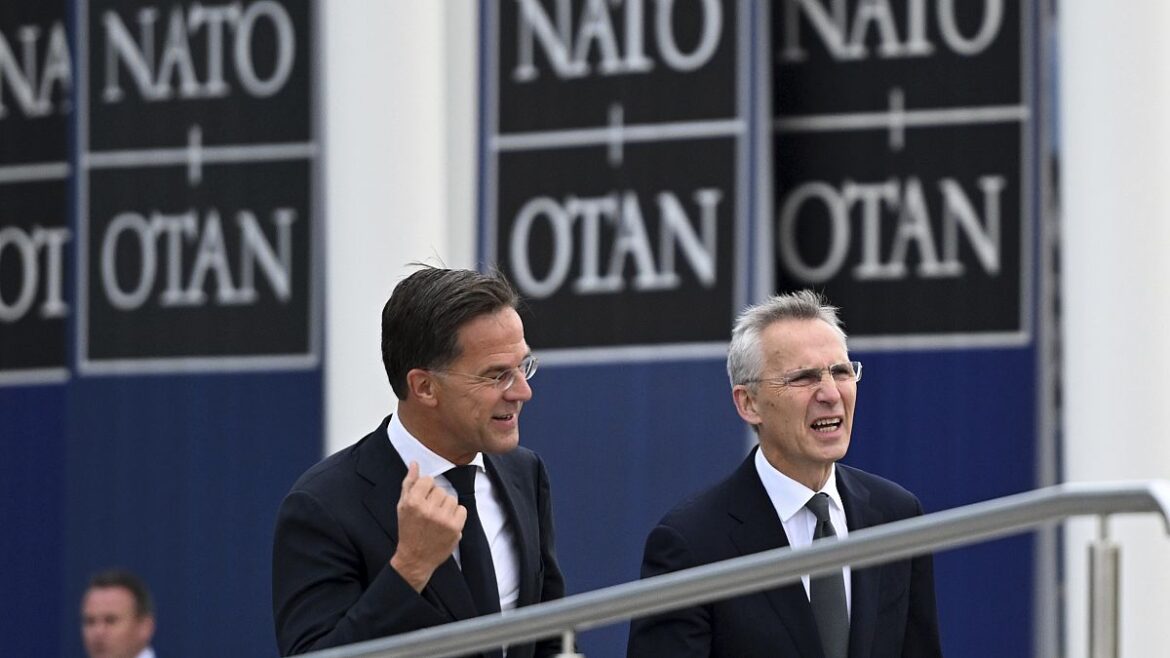Former Dutch Prime Minister Mark Rutte officially succeeded Norway’s Jens Stoltenberg as NATO Secretary General at a ceremony on Tuesday.
Mark Rutte pledged to prioritize support for Ukraine when he took charge of the NATO military alliance, during a ceremony which took place on Tuesday October 1.
The former Dutch prime minister also said that NATO needed to address capability gapswhen he succeeded the Norwegian Jens Stoltenberg as secretary general.
“It is a great honor to be here,” Rutte told members of the Alliance’s North Atlantic Council. “I thank all your countries for entrusting me with this responsibility.”
The alliance must “strengthen its support for Ukraine and bring it closer to NATO”, he added, after leaders of the defense pact said Ukraine’s path to membership was “irreversible”.
“A strong transatlantic bond is the foundation of our alliance and I can assure you that I will do everything in my power to keep it rock solid,” Rutte told reporters earlier today. Tuesday, pledging to work with whoever wins the November US election.
“NATO today is bigger, stronger and more united than ever,” added Mr. Rutte, telling his predecessor that it was “a great honor to succeed you as Secretary General, to replace in your major functions”.
Asked about his priorities, Rutte told reporters: “Ukraine is at the top of the list, but we also need to do more in terms of collective defense and deterrence.”
He also said he wanted to invest in NATO’s “single and essential partner”, the European Unionand in countries around the world.
The EU’s push to strengthen its military role has prompted warnings from Mr Stoltenberg against duplication, leading to some tension that some analysts say Mr Rutte is well placed to defuse.
European Commission President Ursula von der Leyen welcomed Rutte’s new mandate in a message published on X.
The potentially existential implications of Donald Trump’s second victory in the upcoming US elections also raise fears, given its previous hesitance towards the alliance and its support for Ukraine.
For his part, Mr Stoltenberg said he was leaving NATO “with mixed feelings”, citing a surge in defense investment that saw 23 allies meet military spending targets, and four new countries join. the Alliance following Russian aggression.
Additional sources • adaptation: Serge Duchêne



